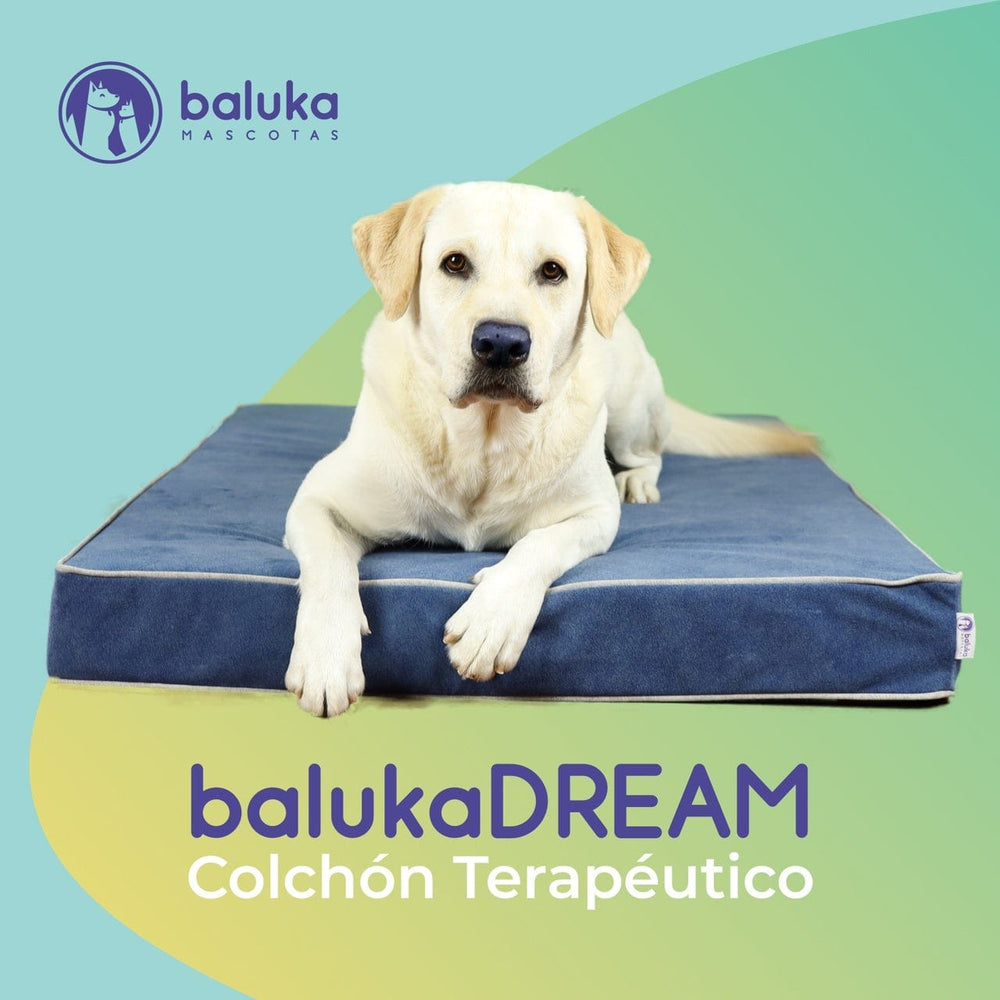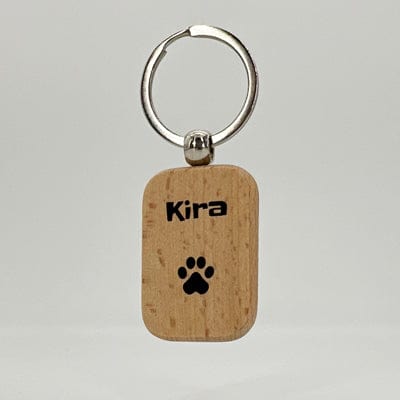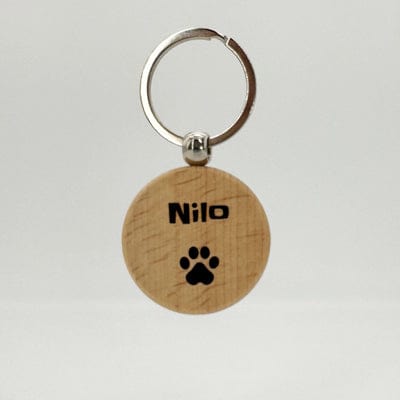Joints are the connection point between bones, allowing your dog to move thanks to a complex system of tendons, ligaments, cartilage, capsules, and synovial membranes.
When joints wear down for various reasons, your dog can experience loss of mobility. Bones may rub against each other, causing intense pain and making it hard for your dog to move comfortably day to day.
The recommended vitamins for supporting joint health in dogs serve several important functions:
- Delay cellular aging, since most joint wear and tear happens in adult or senior dogs.
- Eliminate free radicals, molecules that can harm your dog's health and trigger chain reactions that speed up the development of degenerative diseases.
- Synthesize collagen, a key element for healthy joints.
- Absorb and retain calcium, the essential component of bones.
A balanced intake of vitamins will help your dog's body slow down the effects of wear and tear. The most beneficial vitamins for these goals are vitamin A, vitamin C, vitamin D, vitamin E, and vitamin K.
At baluka, we're well aware of these benefits, which is why we've created our vitamin complex in capsules. Not only is it rich in essential vitamins, but it also contains a high concentration of turmeric—one of the most effective natural anti-inflammatories for dogs.
Natural Anti-inflammatory for Dogs

A boost of VITality

The VITamins your dog needs

With turmeric, the most powerful natural anti-inflammatory for dogs
What are the benefits of vitamins for dogs?
Vitamin A
Retinol (vitamin A) helps protect your dog's joints by reducing inflammation and minimizing joint damage, lowering the risk of losing mobility. One of its greatest benefits is that it slows down cellular aging, while also supporting the growth and formation of membranes, bones, tissues, and more.
But there's one function that makes vitamin A especially interesting: its antioxidant properties, which help eliminate free radicals and protect your dog's DNA from possible mutations.
Vitamin C
Ascorbic acid (vitamin C) is essential for collagen synthesis, the protein that makes up the cartilage in the body and is present in every joint. This vitamin is key to strengthening and improving your dog's joint integrity, including their bones and tendons.
Its other big role in your dog's metabolism is to neutralize free radicals, just like vitamin A does. This helps prevent inflammation by slowing down cellular deterioration.
Vitamin D
Vitamin D helps dogs absorb calcium and bind it to their bones. Including it in their diet supports stronger bones and helps prevent joint wear.
However, even though it's essential, the FDA, the U.S. federal agency responsible for food and drug safety, does not recommend giving dogs too much of it.
This is because, since it doesn't dissolve in water, any excess can't be eliminated through urine and instead builds up in the liver, causing toxicity. That's why we recommend being very careful with giving too many joint vitamins to your dog, as too much of a good thing can end up causing more harm than good.
Vitamin E
Vitamin E helps prevent oxidative wear and tear. As dogs age, their cartilage becomes thinner, but vitamin E helps reduce this effect.
As a result, it also helps repair these tissues that are so important for joint health, since it can slow down the progression of canine arthritis.
Vitamin K
Although the main function of phylloquinone and menaquinone (vitamins K1 and K2) is to support blood clotting, they also play a secondary role by helping to maintain your dog's bones and ensuring their teeth stay healthy.
Giving vitamins K1 and K2 is recommended to treat osteoporosis in dogs; their toxicity is virtually nonexistent or very low, so serious side effects or toxicity are extremely rare.
The role of vitamins for dog joints is mainly preventive. Including a moderate amount in their diet helps our furry friends develop strong bones and joints, and in this way, prevents the degeneration of the cellular tissues responsible for conditions like arthritis, dysplasia, osteoarthritis, or osteoporosis.


















